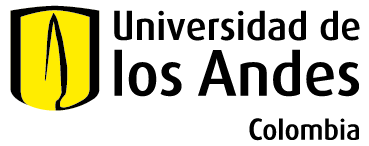ISME
The International Society for Microbial Ecology - ISME, is a non-profit association that promotes microbial ecology and the exchange of scientific information, connection of researchers and sponsorships, and provides platforms for events. ISME publishes The ISME Journal and recently launched ISME Communications.
History
The ISME society began with the growing interest and rapid expansion of microbial ecology worldwide. In the framework of the X International Congress of Microbiology held in Mexico in 1970, the International Association of Microbiological Societies (IAMS / IUMS) established the International Commission of Microbial Ecology (ICOME) which began to function a year later.
To communicate the developments achieved in various topics of interest in microbial ecology, the First International Symposium on Microbial Ecology - ISME was held in Dunedin-New Zealand in 1977, establishing itself as a triannual event. Due to the rapid advances in microbial ecology and given the informal basis of ICOME, the creation of an independent organization, the ISME society, was proposed at the ISME-8 event in the city of Halifax in Canada. Subsequently, the publication of the society's magazine, The ISME Journal, was established. (See more: https://www.isme-microbes.org/history-isme)
Interests
This society has three main activities:
- The society: All interested can join the society which establishes close relationships with other scientific organizations and allows interactions with scientific leaders worldwide.
- The symposium: This event is held every two years and brings together about 2,200 participants from more than 50 countries worldwide. The purpose of this event is to update knowledge and share the latest advances and trends in microbial ecology.
- The ISME Journal: This society publication has an impact factor of 9.6 and is produced in cooperation with Springer Nature as its publishing partner.
Topics
Topics of interest in microbial ecology include:
- Microbial population and community ecology.
- Microorganism-microorganism and host-microorganism interactions.
- Evolutionary Genetics.
- Integrated approaches to genomics and post-genomics in microbial ecology.
- Microbial engineering.
- Geomicrobiology and microbial contributions to biogeochemical cycles.
- Microbial ecology and functional diversity of natural habitats.
- Impacts of the microbial ecosystem.
Next event
The next international event is the ISME18, which will be held in the city of Cape Town in August 2022. https://isme18.isme-microbes.org/







